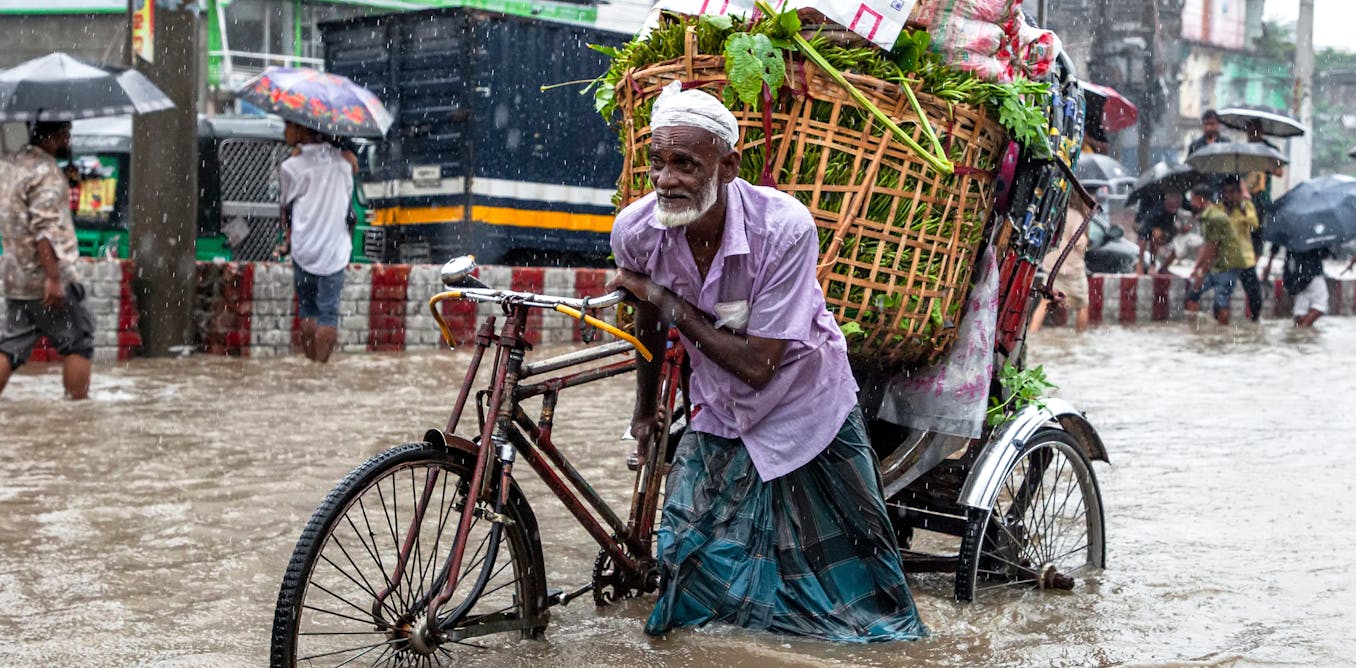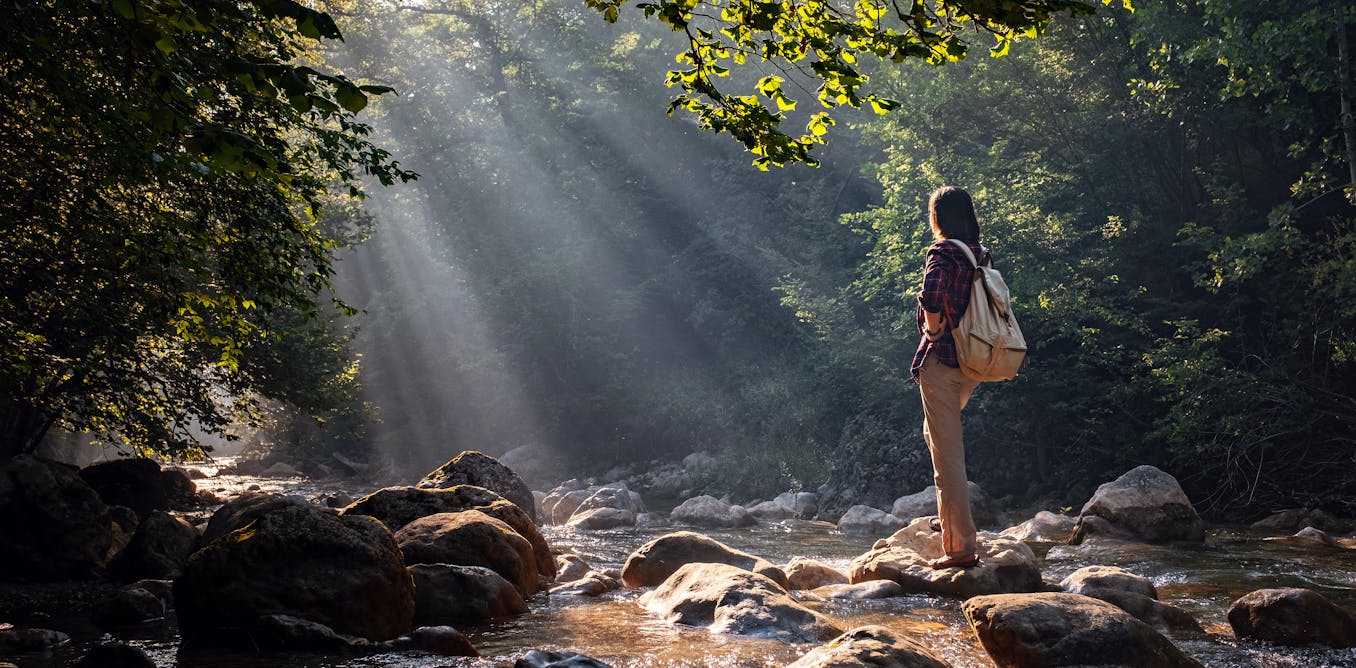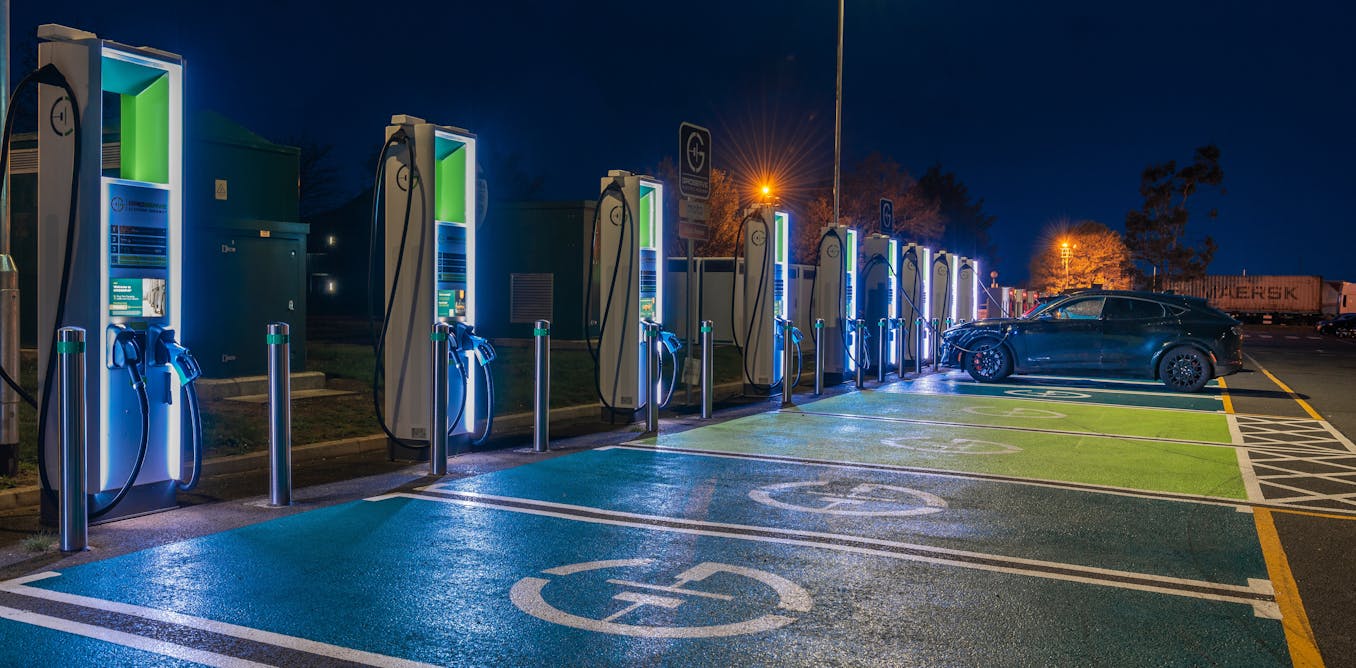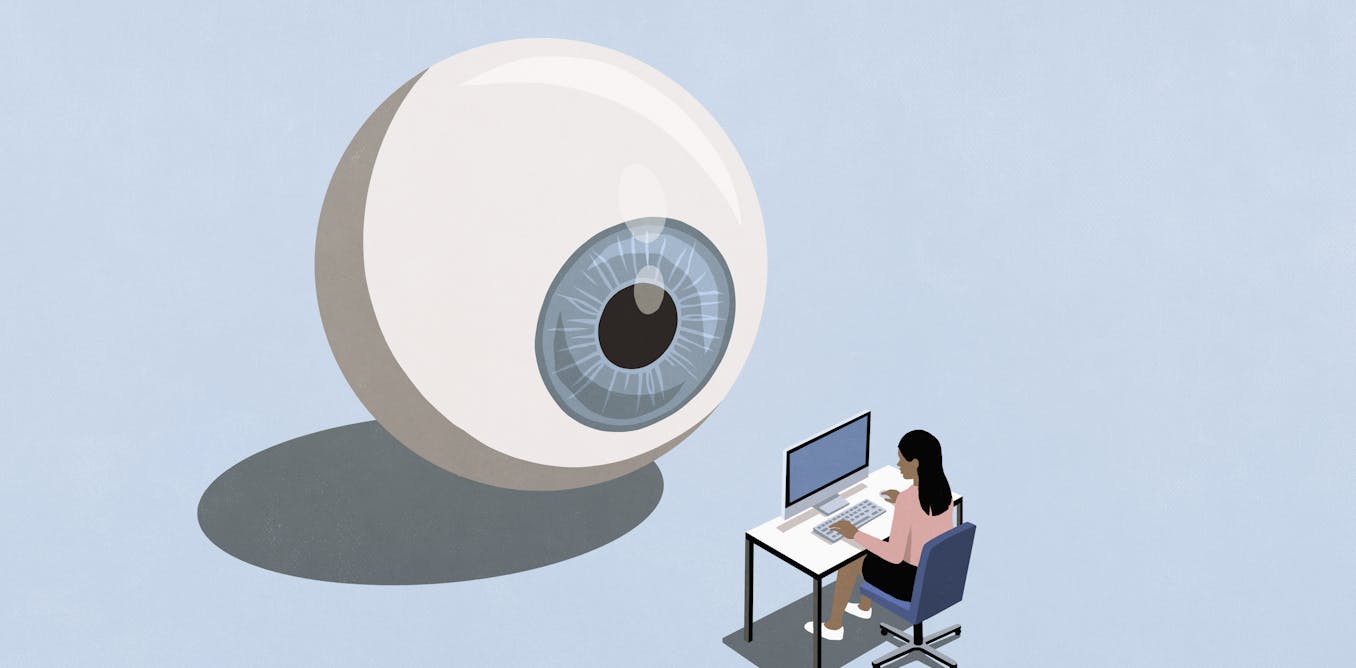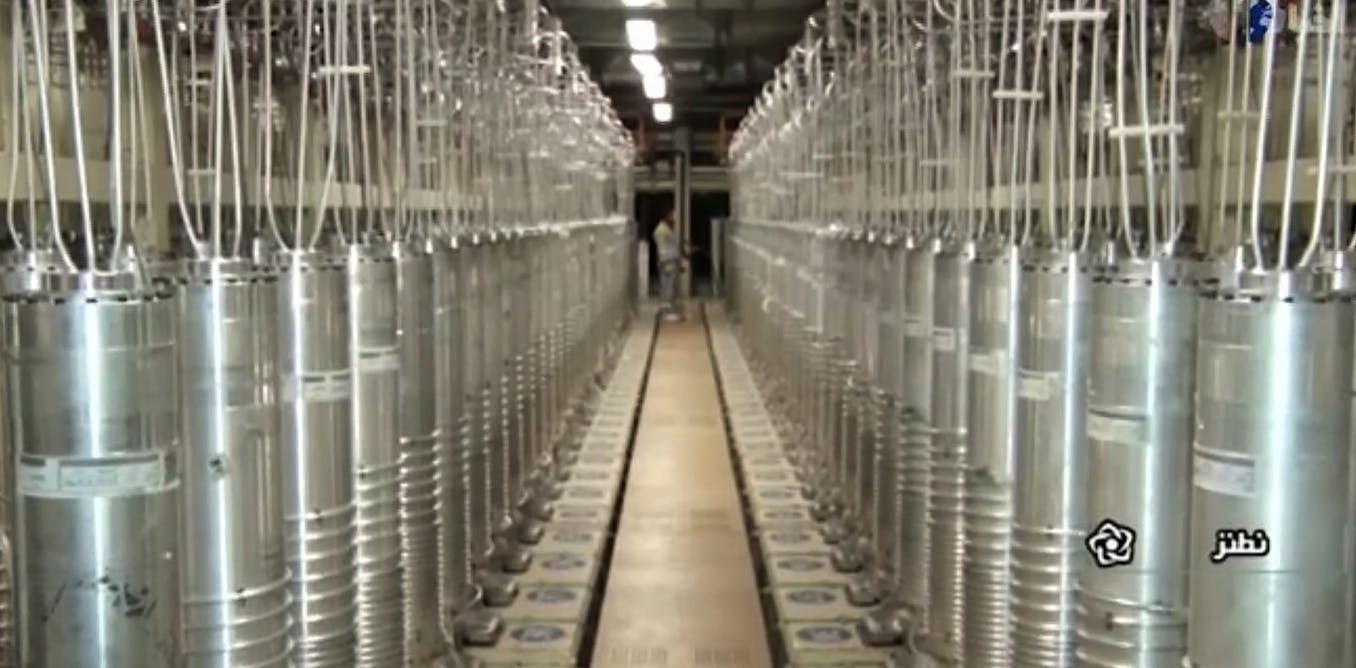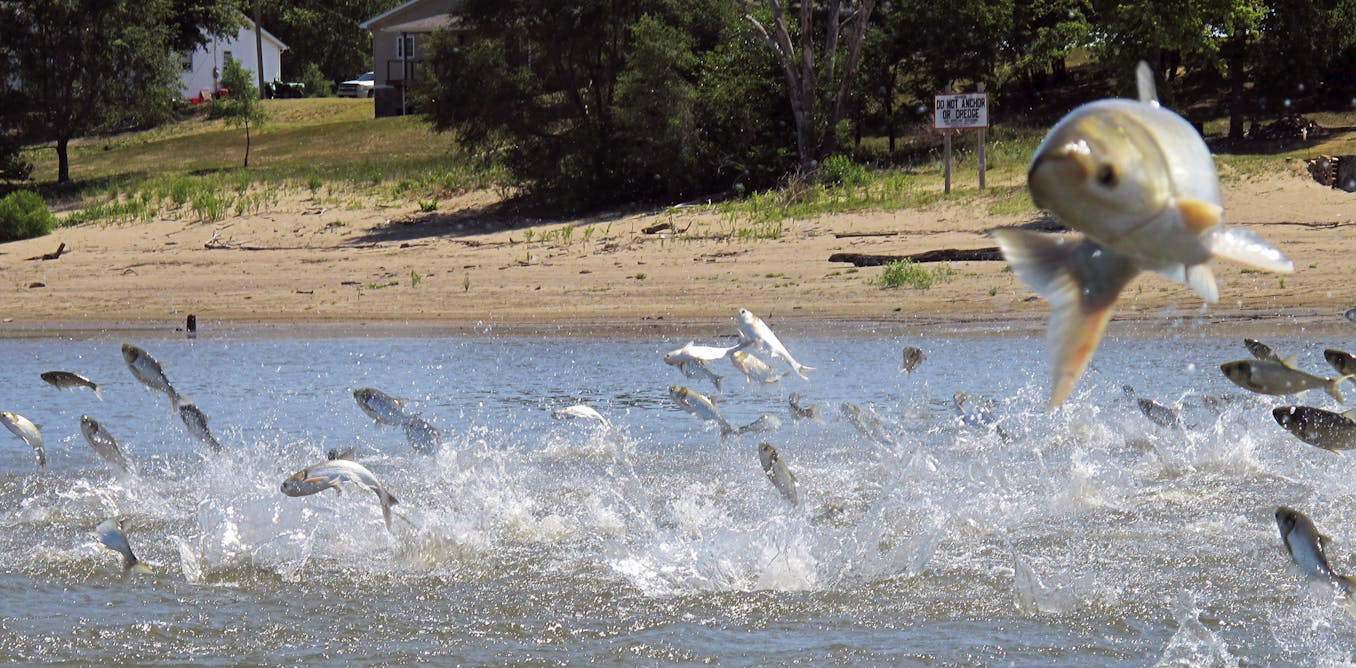Where does the UK most need more public EV chargers?
Government investment in neighbourhood EV chargers cannot replace investment at motorway services.
July 1, 2025 • ~8 min
Humans and animals can both think logically − but testing what kind of logic they’re using is tricky
How researchers measure the logical reasoning of monkeys, pigeons, rats, fish and wasps shapes how they understand mental processes in animals − and in people.
July 1, 2025 • ~8 min
The hidden cost of convenience: How your data pulls in hundreds of billions of dollars for app and social media companies
Many of the apps and social media platforms you use every day may not charge you money, but often there is a price to pay – your privacy.
July 1, 2025 • ~13 min
Why the US bombed a bunch of metal tubes − a nuclear engineer explains the importance of centrifuges to Iranian efforts to build nuclear weapons
Iran has a long history of enriching uranium in an effort to develop nuclear weapons. It’s not clear how far the US attack set back Iran’s production of bomb-grade uranium.
July 1, 2025 • ~8 min
Keeping brain-dead pregnant women on life support raises ethical issues that go beyond abortion politics
Adriana Smith’s body was kept on life support for 16 weeks so her fetus could gestate. Abortion politics don’t capture the ethical complexities of such situations.
July 1, 2025 • ~11 min
Invasive carp threaten the Great Lakes − and reveal a surprising twist in national politics
Democratic governors and President Donald Trump agree to fight an invasion of non-native fish that has spread up the Mississippi River and threatens the Great Lakes.
July 1, 2025 • ~10 min
From Roman drains to ancient filters, these artefacts show how solutions to water contamination have evolved
Having to protect and conserve drinking water and its sources is as relevant today as it always has been.
July 1, 2025 • ~7 min
/
1081

